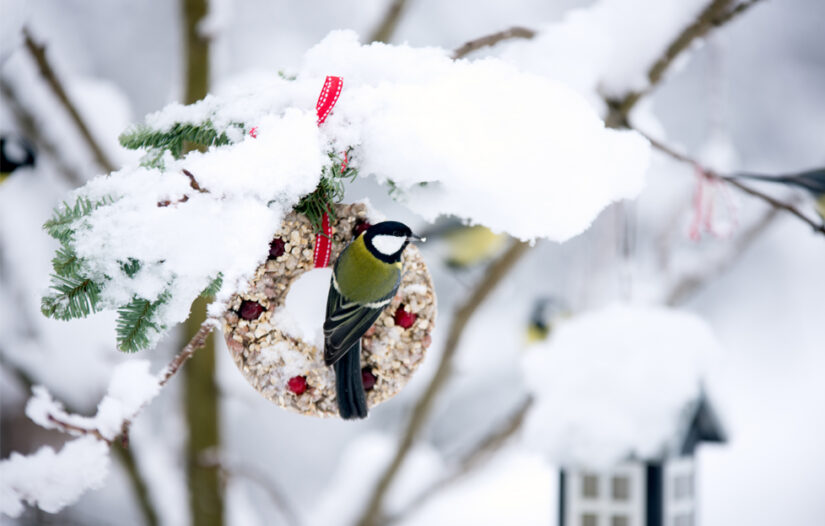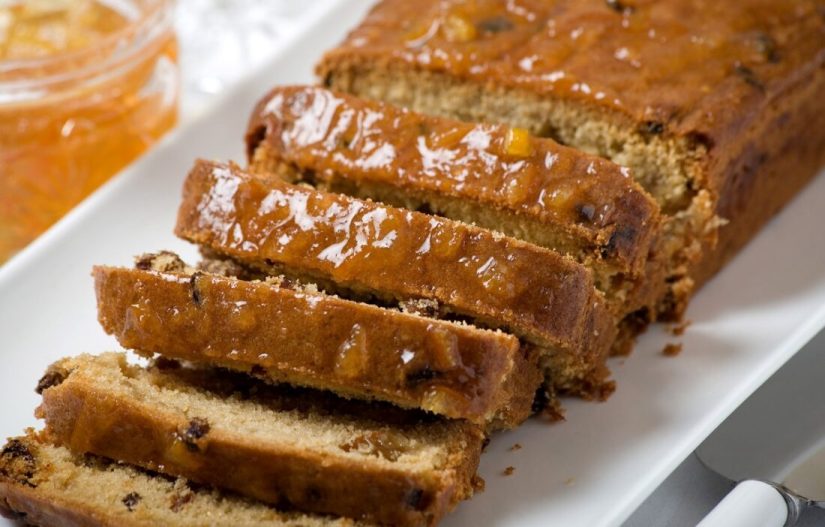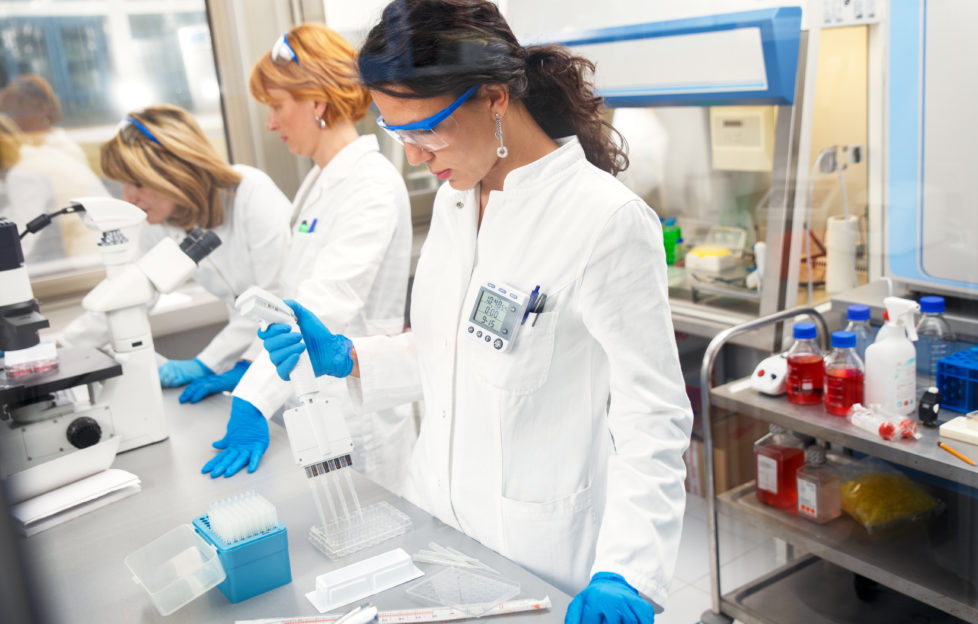 Shutterstock / Zoran Zeremski©
Shutterstock / Zoran Zeremski©Today is International Day Of Women And Girls in Science.
Here, we’re taking some time to celebrate some of our heroines in the fields of astronomy, chemistry, physics, medicine and engineering.
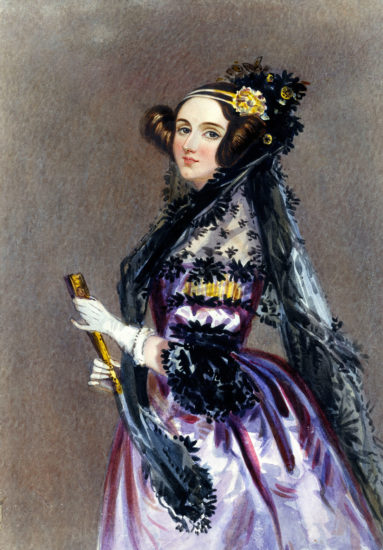
Alfred Edward Chalon, Public domain, via Wikimedia Commons.
Ada Lovelace, mathematician (and early computer programmer), 1815-1852
Ada Lovelace was the daughter of poet Lord Byron, and in an era when women were perhaps expected to indulge in more genteel pursuits, stands out for her love of mathematics.
She recognised that Charles Babbage’s “Analytical Engine” — an early design for a general purpose computer — had wider applications than purely calculation.
Lovelace subsequently wrote an algorithm to enable to the Engine to compute Bernoulli numbers. Experts consider her the first computer programmer for this reason.
The early programming language Ada was named after her, and the second Tuesday in October is celebrated as Ada Lovelace Day.
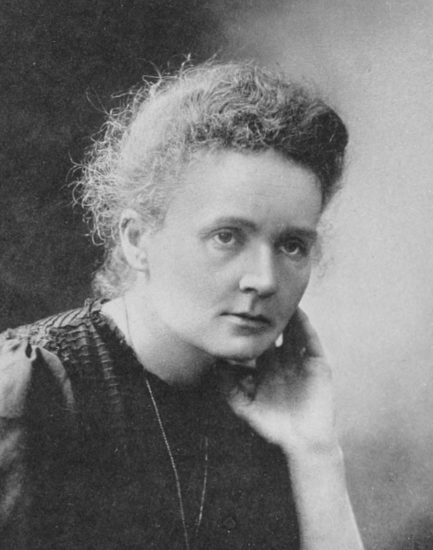
Fotograv. – Generalstabens Litografiska Anstalt Stockholm, Public domain, via Wikimedia Commons.
Marie Curie, physicist and chemist, 1867-1934
Polish-born French scientist Marie Curie was a true trailblazer.
Her ground-breaking work into radioactivity led to her becoming the first women ever to win the Nobel Prize (for Physics, in 1903).
In 1911, she became the first women to win the Nobel Prize in two different fields. The committee awarded her the Chemistry prize, for the discovery of pure radium.
Today, numerous learning institutions, charities and awards are named in honour of Curie.
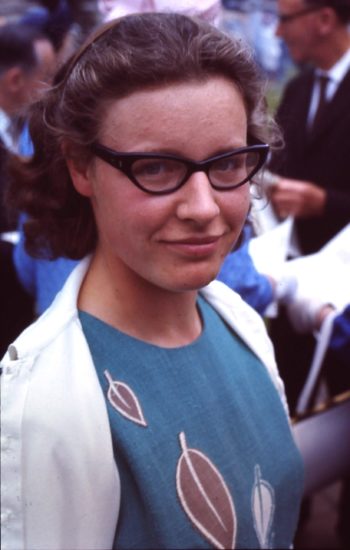
Roger W Haworth, via Wikimedia Commons.
Jocelyn Bell Burnell, astrophysicist, 1943-
In 1967, Jocelyn Bell Burnell aided in the construction of a large radio telescope at Cambridge University. Subsequently, along with Antony Hewish and Martin Ryle, she discovered the existence of pulsars. Hewish and Ryle were awarded the 1974 Nobel Prize for Physics, while Bell Burnell was not.
Bell Burnell has served in a number of academic positions across the country. She also led both the Royal Astronomical Society and the Institute Of Physics.
In 2018, the board for the Breakthrough Prize belatedly recognised her work on pulsars. She opted to donate the £2.3 million prize to the Institute Of Physics in order to support women, under-represented ethnic minority and refugee students to become physics researchers.
Jocelyn Bell Burnell is now Chancellor at the University Of Dundee, here in the home city of “The People’s Friend”.
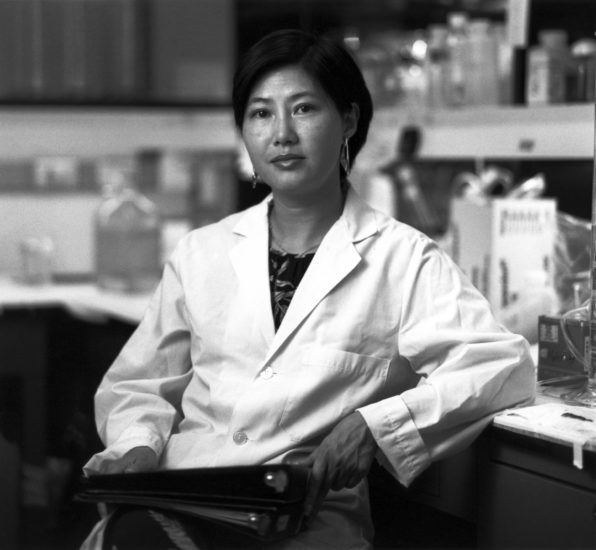
Photograph by Bill Branson, Public domain, via Wikimedia Commons
Flossie Wong-Staal, virologist and molecular biologist, 1946-2020
Flossie Wong-Staal was instrumental in developing better treatments and improved quality of life for people living with HIV/AIDS and hepatitis C.
In the 198os, she was the first researcher to clone the HIV virus. She would later go on to help create a genetic map of it — a process which made the development of the HIV test possible.
Research methods Wong-Staal pioneered in the fields of immunology and virology are now helping combat COVID-19.
For more fascinating features from “The People’s Friend”, click here.
For more in International Day Of Women And Girls In Science, click here.


